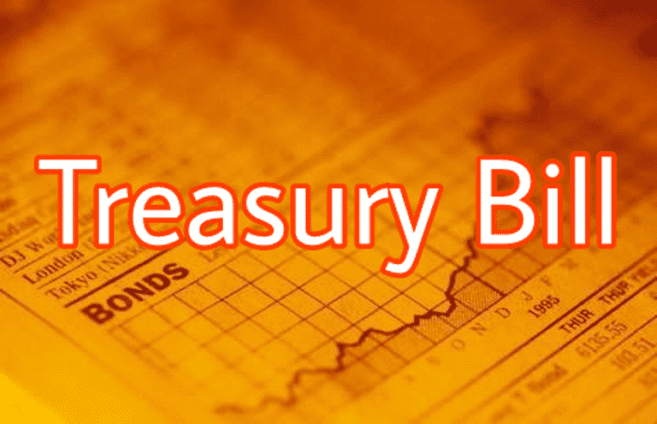While interest rates on T-Bills continue to surge, it did not fully convince investors as witnessed by the government of Ghana’s latest T-bills auction which was marginally undersubscribed.
According to auction results released by the Bank of Ghana, the yield on the 364-day treasury bill saw a notable uptick, rising from 32.50% to a striking 32.85% compared to the previous week.
Similarly, the 91-day treasury bill experienced an increase of 0.29 percent, reaching 28.50%, while the 182-day bill saw its yield inching up to 30.916 percent from 30.67 percent in the preceding week.
Meanwhile, the declining interest of investors in the T-bills despite the increasing interest rates underscored the lack of confidence in government securities with the episodes of domestic debt restructuring still fresh on the minds of investors.
However, despite the heightened yields and undersubscription, the government managed to secure GH¢2.499 billion from the sale of these treasury bills. This represents an approximately 2.72% undersubscription of the targeted amount, which was set at GH¢2.570 billion.
Notably, a significant portion of the bids originated from the 91-day T-bills, where approximately GH¢1.884 billion worth of bids were tendered. It’s worth highlighting that all the bids in this category were successfully mobilized, underlining strong demand in the short-term money market.
In the case of the 182-day treasury bill, GH¢484.17 million in bids were tendered, and all were accepted, further highlighting the consistent demand for these short-to-medium-term instruments.
For the 364-day treasury bill, an offer of GH¢131.16 million was received, and once again, all the bids were accepted, reflecting investor confidence in the government’s longer-term debt instruments.
Concerns About Increasing Rates
Despite the government’s success in raising funds, the continued surge in interest rates raises questions about the broader economic and fiscal landscape in Ghana, as investors seek higher returns amid perceived risks.
The monetary authorities will undoubtedly be closely monitoring these developments as they navigate the intricacies of maintaining financial stability and addressing inflationary pressures in the nation’s evolving economic climate.
That notwithstanding, the concern of many analyst is that the government is buying these bills at extremely high rates, and in the process adding significant debt stocks to the country’s debts and thereby, complicating the country’s debt situation.
Generally, Government debt as a percent of GDP is used by investors to measure a country ability to make future payments on its debt, thus affecting the country borrowing costs and government bond yields.
Ghana’s public debt increased by a fifth in just four months, driven partly by the inclusion of short-term loans from the central bank to the state.
Public debt, which excludes state-owned enterprises obligations, rose to GH¢569.3 billion ($49.7 billion) at the end of April, the Bank of Ghana disclosed.
The figure was adjusted to include the central bank’s overdraft to the government, which was securitized in December 2022.
The debt figure as of December rose to 473.2 billion cedis after the adjustment, from an earlier estimate of 434.6 billion cedis, according to the central bank’s summary of economic and financial data.
Ghana, which defaulted on a Eurobond payment earlier this year, is restructuring most of its debt to make it sustainable under a $3 billion International Monetary Fund program, which was approved in May.
The country completed the first part of a domestic debt exchange in February, with investors exchanging 87.8 billion cedis in obligations for new securities that paid as little as 8.35%, versus an average of 19% on the old notes.
Investors also face reduced coupons as restructuring of $1.5 billion domestic dollar bonds and cocoa bills started on July 14.
READ ALSO: Abdel Fattah El-Sisi Announces Bid For Third Term























